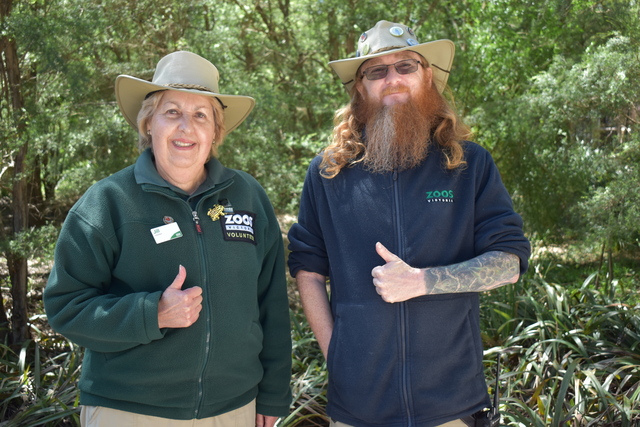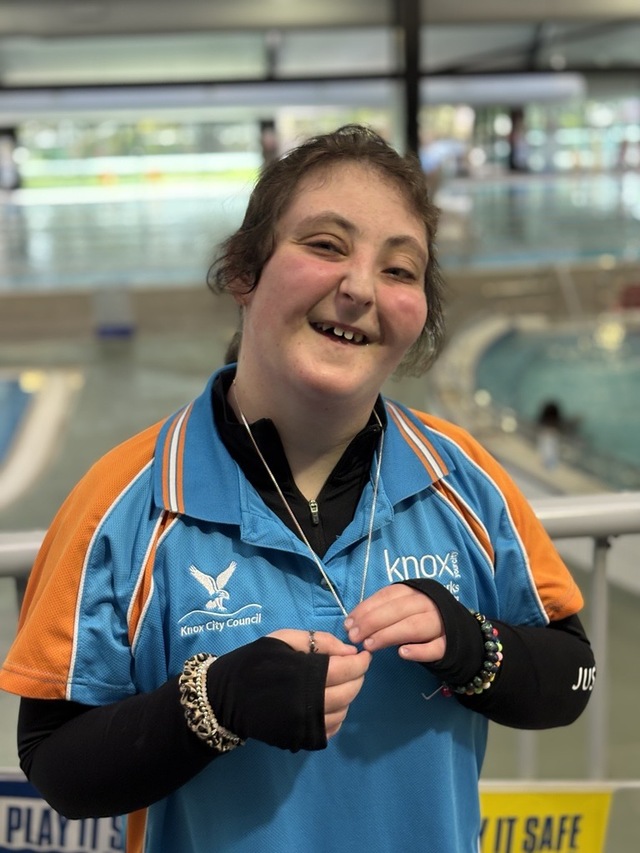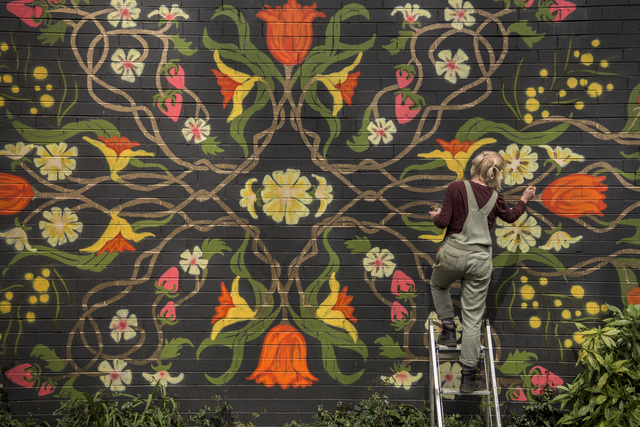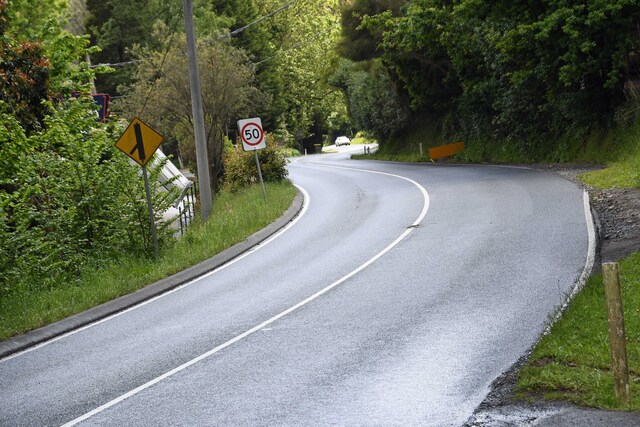By JESSE GRAHAM
EMERALD’s Mary Farrow has urged her fellow Australians to show compassion, as condemned Bali Nine members wait with their lives on a knife’s edge.
Australian citizens Andrew Chan and Myuran Sukumaran are awaiting the results of a last-minute legal appeal against their death sentences, which are on the verge of being carried out.
The pair, now 31 and 33 respectively, were charged after being caught attempting to traffic drugs out of Indonesia in 2005, and received the death penalty.
Ms Farrow, co-ordinator at Emerald Community House, worked with Mr Chan and Mr Sukumaran in Kerobokan Prison; helping to support their educational and arts programs and advocating strongly for their clemency.
She also attended Ben Quilty’s candlelight vigil for the two in Sydney last week, where high-profile guests and families of the two men urged the Indonesian government to show mercy.
Quilty’s first trip to Kerobokan prison was at Mary’s request to assist Sukumaran to paint for the Archibald Prize portrait competition as a distraction to the stress of his clemency appeal.
After repeated calls from the Mail, Ms Farrow agreed to speak about the situation of the men but had one point to drive home – “this isn’t about me.”
She said that, through repeated engagements with Mr Chan and Mr Sukumaran at the prison, she had witnessed their efforts to move past their mistakes and help others wherever they could.
Examples of this included mentoring, setting up classes for other prisoners and teaching transferable skills that could help them get jobs when released.
“The programs that they’re running are similar to the kind of programs that we are doing here (at Emerald Community House),” Ms Farrow said.
“They’re running these programs because that’s what their prison community can most benefit from.”
Ms Farrow said the men had become different people during their 10 years in the jail, and to execute them after this transformation would be a “terrible waste“.
“What I’m hoping to do is to bring a compassionate perspective to this story ,” she said.
“People should have a better understanding about the facts before they condemn them.
“This is about more than just the death penalty – it’s about what people do to change their life when all is lost; it doesn’t matter if they’re in prison or out of prison.“
“When everyone hated them, and everyone was against them, they carved out a generous and caring life in prison. If this isn’t an example of resilience, I don’t know what is.”
However, debate about Mr Chan and Mr Sukumaran’s situation has heavily divided people internationally, with debates ranging on the death penalty, the severity of the pair’s crimes and the possibility of rehabilitation.
Many commentators have stated that, to avoid a harsh punishment, simply avoid committing the crime.
But Ms Farrow said these sentiments were simplistic and ignored situations where heavy penalties were handed out unfairly, such as death penalties for adultery or corruption in other countries.
As of deadline, the pair and their legal team were awaiting the result of a last-minute judicial review, which could result in the death penalty being communed to a prison sentence.
This would never result in the pair walking free, however – clemency from the death penalty would likely still see the men in jail for the rest of their lives.
But Ms Farrow said that option would allow Mr Chan and Mr Sukumaran to continue helping others in the prison, and continue their path of rehabilitation.
“They feel that they have a valued life working in the prison to help others.“
Though supporters of the pair aren’t sure of success – the latest appeal is the latest of many, all of which have failed to date – hope still remains.
“If there isn’t hope in our lives, what else is there?“ Ms Farrow said.






